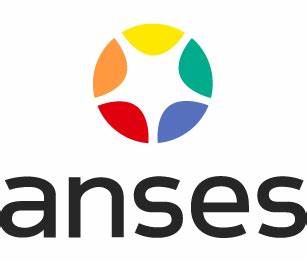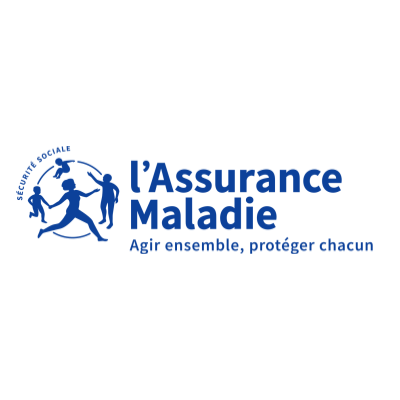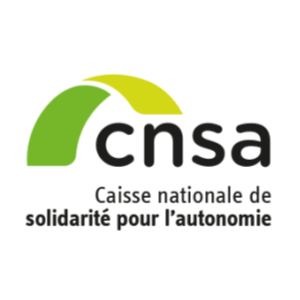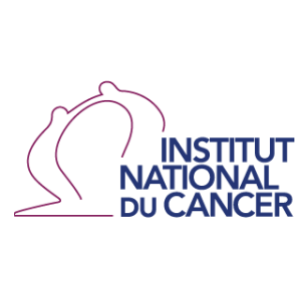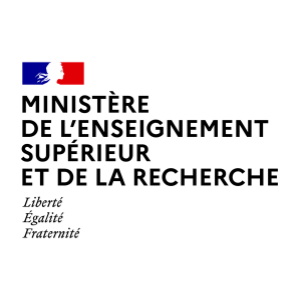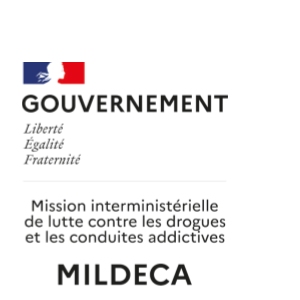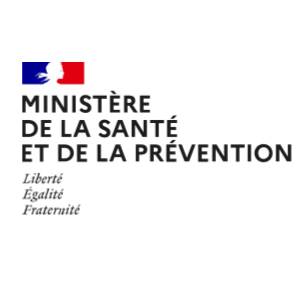L’alcool et les drogues dans l’Université de Caen Normandie ” – Partie 3 « Prévention » (ADUC Part 3)
Résumé de soumission
Context and objectives
The emergence, among young people, of new problematical alcohol practices makes it necessary to stimulate new dynamics in prevention strategies. In this context, the ADUC (Alcohol and Drugs at University of Caen) project aims to develop a better understanding of Binge Drinking (BD) practice and potential neuropsychological alterations in order to elaborate relevant and adaptive prevention tools. It consists of 3 parts.
This funding application concerns ADUC Part 3. ADUC Part 1 “Determinants”, funded by the University of Caen, identified Binge Drinking (BD) practice prevalence among students and its determinants. Based on more than 7,000 participants interviewed, it essentially demonstrated 1) an alarming 22% prevalence of BD among students, 2) four main psychological determinants decisive for BD practice, namely impulsivity (i.e. the tendency of individuals to act prematurely without fully weighing the consequences of their action), subjective norm (i.e. the perception of what is done and/or approved by peers), drinking identity (i.e. how the person defines himself/herself as a drinker), and motivations to drink (social, conformity, enhancement or coping motives) and 3) an aggravating effect of cannabis use on these determinants as well as on BD practice.
ADUC Part 2 “Alterations”, funded by the Region of Normandy, aims to evaluate over time neuropsychological alterations associated with BD practice and possibly cannabis use (Cf. results Part 1). Data collection is currently in progress (neuropsychological assessment by individualized follow-up over 3 years of a cohort of students; N = 300). ADUC Part 3 “Prevention” is designed to develop new BD prevention strategies for practitioners considering results of ADUC Parts 1 and 2.
Method and research hypothesis
Four prevention protocols targeting the four determinants identified in ADUC Part 1, namely impulsivity, subjective norm, drinking identity, and motivations to drink, will be tested in four randomized controlled trial (N = 200 for each one) including systematically a control group. Based on an innovative DAP (Determinants – Alterations – Prevention) approach, prevention protocols efficacy should be optimized for two reasons.
Firstly, they target specifically each of these four BD decisive determinants. Secondly, they will be selected considering the cognitive processes impacted by BD as demonstrated in ADUC Part 2. Students will be exposed to a brief motivational interview (BMI) which will apply one out of four prevention strategies. Effectiveness of prevention protocols will be tested in the medium term (1 month) and then in the long term (6 months) using both behavioral and psychological indicators collected partly by an ADUC mobile phone application based on an ecological momentary assessment approach.
Perspectives and Public health impact
Bringing together the expertise of three research laboratories implied in an international network (Universities from Belgium, Switzerland and USA), the actors of prevention and student support (Addiction department and Addictovigilance center of the University Hospital of Caen, SUMPPS , local CSPA and CARUUD ), ARS and the student community, ADUC Part 3 project is innovative in two complementary dimensions.
On the one hand, it proposes an important scientific advance on the elaboration of effective prevention strategies of the BD phenomenon through the innovative DAP approach. On the other hand, its applied scope offers answers to a major public health problem through a consumption follow-up mobile application for consumers (Deliverable 1) and the development for practitioners of a « prevention toolbox » (Deliverable 2) targeted and evaluated among university students practicing BD.
Equipes du projet
Coordonnateur :
BEAUNIEUX Hélène
N° ORCID : 0000-0003-1354-6558
Structure administrative de rattachement : Université Caen Normandie
Laboratoire ou équipe : LPCN EA7452
Dites-le nous !

